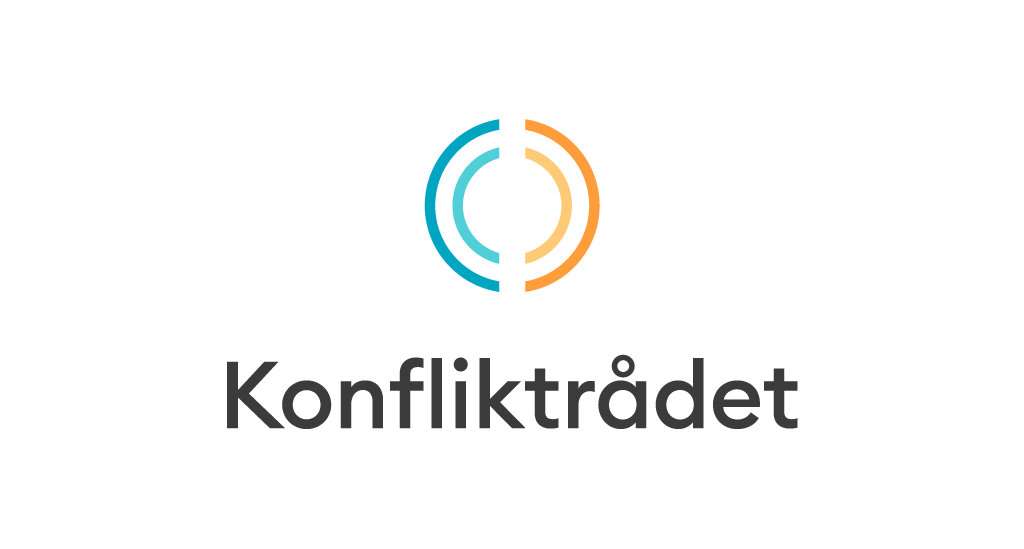For some victims, part of dealing with the violence or abuse they have suffered may be to meet the offender again in a safe setting. The National Mediation Service can assist victims by contacting the offender, and call, prepare and supervise this form of official, mediated meeting.
Such mediation sessions are an alternative or supplement to criminal proceedings. The aim of a meeting supervised by the National Mediation Service is to:
- ensure better support for the offended
- address breach of trust and damaged relationships through dialogue between the offended and the offender
- prevent recurrence of violence or abuse
Some victims need to tell the offender what the incident did to them – or ask questions that only the perpetrator can answer. If the violence or abuse was perpetrated by someone known to the victim, and the two individuals might encounter each other or have to interact at some level in the future, meeting face-to-face may be reassuring, and it may be possible to make agreements of a practical nature.
The aim is not for you to agree, but for you to each have your say, listen to each other, and perhaps describe how to deal with future encounters between you. For the victim, these meetings may provide reassurance about future encounters, and for the perpetrator may be an opportunity to set the record straight, clear the air and accept responsibility for their actions in order to restore the relationship, for example. The two parties – together with the mediator – can arrange to meet in this formal setting several times if desired.
“For some victims, part of dealing with the violence or abuse they have suffered may be to meet the offender again in a safe setting.”
Many cases are referred to the National Mediation Service by the police, but you can also contact your nearest mediation service personally. If a restraining order has been imposed in the case, agreements mediated by the National Mediation Service must comply with the limitations of the restraining order.
How the National Mediation Service works
Mediation by the National Mediation Service is voluntary, meaning that both parties must consent to meet. Once consent has been obtained, the mediators will contact the victim first by phone, then the offender, and arrange an advance meeting and a mediated meeting. There will be two mediators – typically representing both sexes; a man and a woman. The mediators must act impartially and treat both parties with respect. Acting impartially does not mean trivialising violence, abuse or intimidation. If a case is brought to the National Mediation Service, the assumption is that the offender accepts responsibility for their actions toward the offended.
The advance meeting is held to ensure the predictability of the mediation meeting for the victim, and is held separately with each party (the other party is not informed of when the meeting is convened). The advance meeting also establishes the need for the victim to be accompanied by a trusted supporter (private or professional) and, where the victim is a minor, to ensure that they have their say. Topics for the advance meeting:
- What concerns/expectations/needs do you have concerning the meeting?
- What other people do you think might be implicated in what happened?
- Information about what will happen at the mediated meeting, the types of questions that might be asked, and other issues to address before the meeting.
Before, during and after the mediated meeting, the parties will never be alone in waiting rooms or meeting rooms. A mediator will always be present – and he or she will also ensure that the parties leave the meeting at different times.
The volunteers who work for the National Mediation Service have a duty of confidentiality and they speak Norwegian. Help can also be provided in English and arrangements can be made for an interpreter. The mediators are lay persons specially trained by the National Mediation Service. It is a paid position of trust, and while importance is attached to the personal aptitude for mediation, no formal qualifications are required for service as a mediator. Mediators must be over the age of 18 and have a clean criminal record.
The National Mediation Service is government-financed, free of charge and provided nationwide in Norway. Find your nearest mediation service from the online guide to assistance, information and knowledge available on violence at www.dinutvei.no (select “konfliktråd” (National Mediation Service) under “Type tilbud” (resource type)
More information about the National Mediation Service is available from their dedicated website.

